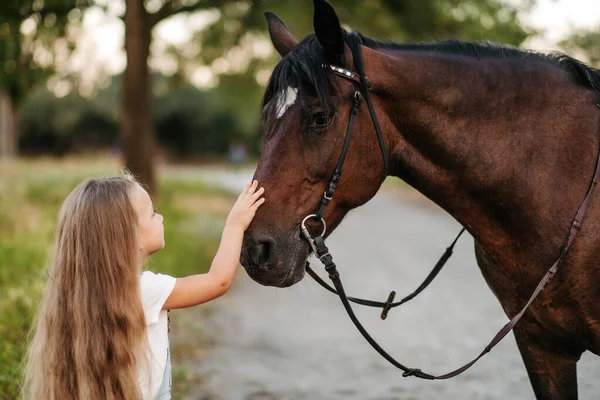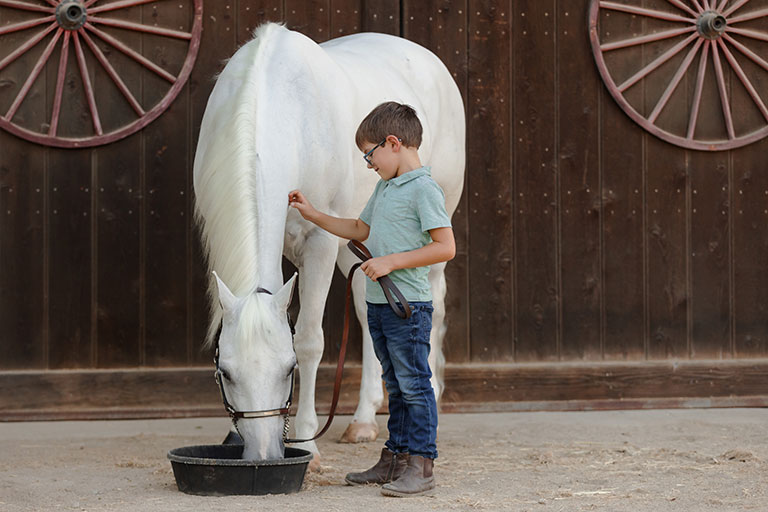As horses age, they can develop a variety of health concerns, one of the most common being senior horse breathing issues. These respiratory problems can significantly impact a horse’s quality of life. Understanding the causes and management strategies is crucial for ensuring your equine friend remains comfortable and healthy in their golden years.

Understanding Senior Horse Breathing Issues
What Are Breathing Issues in Senior Horses?
Breathing issues in older horses can manifest in several ways, including coughing, wheezing, nasal discharge, and difficulty breathing. These symptoms can be caused by various factors, including environmental influences, infections, and chronic conditions like heaves.
Common Causes of Respiratory Problems
As horses age, their respiratory systems can become more vulnerable to issues. Common causes include dust from bedding, poor ventilation, and underlying health conditions such as allergies or infections.
Signs and Symptoms
How to Identify Breathing Issues
Identifying symptoms early is crucial. Look for signs like labored breathing, frequent coughing, nasal discharge, and decreased performance or energy levels.
Distinguishing Between Acute and Chronic Issues
Acute issues may arise suddenly and could be linked to infections, while chronic problems like heaves develop over time and require ongoing management.
Diagnosis and Veterinary Care
When to Consult a Veterinarian
If you notice any signs of respiratory distress, it’s important to contact your veterinarian. They can conduct a thorough examination and recommend diagnostic tests such as endoscopy or radiographs.
Diagnostic Tests
Common tests include blood work, endoscopy, and bronchoalveolar lavage to determine the underlying cause of the breathing issues.
Management and Treatment
Environmental Management
One of the most effective ways to manage senior horse breathing issues is through environmental changes. Ensure good ventilation and minimize dust in the horse’s living area. Using low-dust bedding options, as discussed in best bedding, can help reduce symptoms.
Medical Treatments
Your vet may prescribe medications such as bronchodilators or corticosteroids to help manage symptoms. It’s crucial to follow the prescribed treatment plan and monitor your horse’s response.
Diet and Nutrition
Proper nutrition plays a vital role in managing respiratory health. Ensure your senior horse has a balanced diet rich in essential nutrients. Hydration is equally important, especially in warmer months, as explained in horse hydration.
Prevention Strategies
Maintaining a Healthy Environment
Preventative measures include maintaining a clean and dust-free environment. Regular pasture management, as outlined in pasture tips, can reduce exposure to allergens and dust.
Monitoring and Regular Check-ups
Regular veterinary check-ups are essential for early detection and management of respiratory issues. Consistent monitoring can help catch problems before they become severe.
Exercise and Activity
Balancing Exercise with Respiratory Health
Exercise is important for maintaining overall health but should be balanced with the horse’s respiratory needs. Exercise guidelines can help ensure your horse remains active without overexertion.
Emotional and Mental Well-being
Impact of Respiratory Issues on Behavior
Breathing issues can affect a horse’s behavior and mood. Ensuring a stress-free environment and providing companionship can improve emotional health.
Conclusion
Addressing senior horse breathing issues involves a comprehensive approach that includes environmental management, medical treatment, and regular veterinary care. By understanding and implementing these strategies, you can help your senior horse lead a comfortable and healthy life.

FAQ
What are the common causes of breathing issues in senior horses?
Common causes include dust exposure, poor ventilation, infections, and chronic conditions like heaves.
How can I improve my senior horse’s respiratory health?
Improving ventilation, using low-dust bedding, regular veterinary check-ups, and proper nutrition can enhance respiratory health.
When should I contact a veterinarian for breathing issues?
Contact your veterinarian if you notice symptoms like labored breathing, frequent coughing, or nasal discharge.
For more detailed information on caring for senior horses, you can visit the AAEP’s guide.
This article contains affiliate links. We may earn a commission at no extra cost to you.
